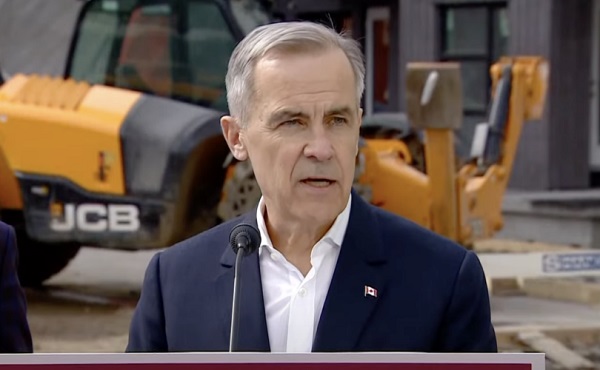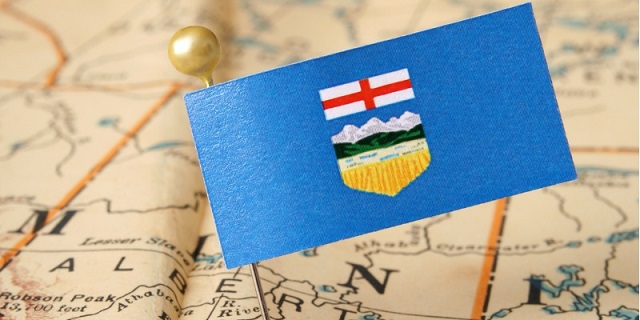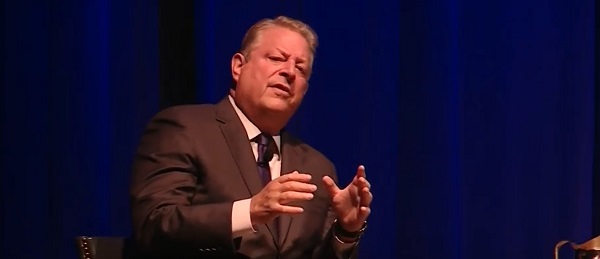Business
Canadian health care continues to perform poorly compared to other countries

From the Fraser Institute
By Mackenzie Moir and Bacchus Barua
At 30 weeks, this year marked the longest total wait for non-emergency surgery in more than 30 years of measurement.
Our system isn’t just worsening over time, it’s also performing badly compared to our universal health-care peers.
Earlier this year, the U.S.-based Commonwealth Fund (in conjunction with the Canadian Institute for Health Information) released the results of their international health policy survey, which includes nine high-income universal health-care countries—Australia, Canada, France, Germany, the Netherlands, New Zealand, Sweden, Switzerland and the United Kingdom. Unfortunately, Canada continued to come in near or dead last on key measures of timely access. Most notably, Canada ranked worst for wait times for specialists and non-emergency surgery.
For example, whereas almost half (46 per cent) of Canadians surveyed indicated they waited two months or more for a specialist appointment, that number was just 15.1 per cent in the Netherlands and 13.2 per cent in Switzerland. And while one in five (19.9 per cent) Canadians reported waiting more than one year for non-emergency surgery, just half a per cent (0.6) of Swiss respondents indicated a similar wait. And no one in the Netherlands reported waiting as long.
What explains the superior performance of these two countries compared to Canada?
Simply put, they do universal health care very differently.
For example, the Netherlands, which ranked first on both indicators, mandates that residents purchase private insurance in a regulated but competitive marketplace. This system allows for private insurance firms to negotiate with health-care providers on prices, but these insurance firms must also accept all applicants and charge their policy holders the same monthly fee for coverage (i.e. they cannot discriminate based on pre-existing conditions).
In Switzerland, which ranked among the top three on both measures, patients must also purchase coverage in a regulated private insurance marketplace and share (10-20 per cent) of the cost of their care (with an annual maximum and protections for the most vulnerable).
Both countries also finance their hospitals based on their activity, which means hospitals are paid for the services they actually provide for each patient, and are incentivized to provide higher volumes of care. Empirical evidence also suggests this approach improves hospital efficiency and potentially lowers wait times. In contrast, governments in Canada provide hospitals with fixed annual budgets (known as “global budgets”) so hospitals treat patients like costs to be minimized and are disincentivized from treating complex cases.
It’s no surprise that in 2022, the latest year of available data, a lot more Swiss (94 per cent) and Dutch (83 per cent) reported satisfaction with their health-care system compared to Canadians (56 per cent).
No matter where you look, evidence on the shortcomings of Canada’s health-care system is clear. Fundamental reform is required for Canadians to have timelier care that matches what’s available in universal health-care countries abroad.
Business
CDC stops $11 billion in COVID ’emergency’ funding to health departments, NGOs

Fr0m LifeSiteNews
The U.S. Department of Health and Human Services has been providing massive funds in the name of COVID despite the fact that Joe Biden admitted the ‘pandemic’ was over by 2022.
The U.S. Centers for Disease Control and Prevention is withdrawing $11.4 billion in COVID funding to state and local health departments, non-government groups, and international recipients about two years after the U.S. government declared the COVID-19 “national emergency” over.
“The COVID-19 pandemic is over, and HHS will no longer waste billions of taxpayer dollars responding to a non-existent pandemic that Americans moved on from years ago,” HHS director of communications Andrew Nixon said in a statement, NBC News reported.
“HHS is prioritizing funding projects that will deliver on President Trump’s mandate to address our chronic disease epidemic and Make America Healthy Again.“
Despite the fact that former President Joe Biden admitted in 2022 that the COVID “pandemic” was over, Health and Human Services (HHS) has been continuing to allocate funds for COVID testing, “vaccines,” and “global COVID projects,” according to CDC talking points.
The funding cut comes as millions of dollars for other initiatives, including vaccine hesitancy research and HIV prevention, are slashed under new HHS Secretary Robert F. Kennedy Jr.
HHS has made the greatest funding cutbacks government-wide, according to the Department of Government Efficiency’s website.
Dr. Robert Malone argued in 2023 that the only reason the Biden administration decided to end the national COVID “emergency” when it did is because of the congressional legislation seeking that end.
“The bottom line is that the imperial U.S. administrative state will never give up these unconstitutional powers until forced to do so,” Malone wrote.
Business
Publicity Kills DEI: A Free Speech Solution to Woke Companies

For years, major corporations bragged about their wonderful Diversity, Equity, and Inclusion (DEI) programs. They’re good for business and morally correct, they said. So why are they now cutting those programs?
Robby Starbuck says these programs once got a lot of buy-in, because people wanted to be nice! But DEI came to mean much more than just being nice.
Starbuck says what it looked like in practice was “crazy trainings” and “overtly racist hiring practices.” Now lots of people agree with him.
Companies actually take notice when Starbuck tells his many followers about their DEI programs. Often the programs get dropped.
That’s the power of free speech.
After 40+ years of reporting, I now understand the importance of limited government and personal freedom.
——————————————
Libertarian journalist John Stossel created Stossel TV to explain liberty and free markets to young people.
Prior to Stossel TV he hosted a show on Fox Business and co-anchored ABC’s primetime newsmagazine show, 20/20. Stossel’s economic programs have been adapted into teaching kits by a non-profit organization, “Stossel in the Classroom.” High school teachers in American public schools now use the videos to help educate their students on economics and economic freedom. They are seen by more than 12 million students every year.
Stossel has received 19 Emmy Awards and has been honored five times for excellence in consumer reporting by the National Press Club. Other honors include the George Polk Award for Outstanding Local Reporting and the George Foster Peabody Award.
_ _ _ _ _ _ _ _
To get our new weekly video from Stossel TV, sign up here: https://www.johnstossel.com/#subscribe
_ _ _ _ _ _ _ _
-

 Alberta1 day ago
Alberta1 day agoFederal emissions plan will cost Albertans dearly
-

 International23 hours ago
International23 hours agoEurope Can’t Survive Without America
-

 Business2 days ago
Business2 days agoPossible Criminal Charges for US Institute for Peace Officials who barricade office in effort to thwart DOGE
-

 Business15 hours ago
Business15 hours agoWhy a domestic economy upgrade trumps diversification
-

 2025 Federal Election1 day ago
2025 Federal Election1 day agoCanadian construction worker goes viral for saying he refused to shake Mark Carney’s hand
-

 Health1 day ago
Health1 day agoDr. Pierre Kory Exposes the Truth About the Texas ‘Measles Death’ Hoax
-

 Business8 hours ago
Business8 hours agoDOGE discovered $330M in Small Business loans awarded to children under 11
-

 Business1 day ago
Business1 day ago28 energy leaders call for eliminating ALL energy subsidies—even ones they benefit from






